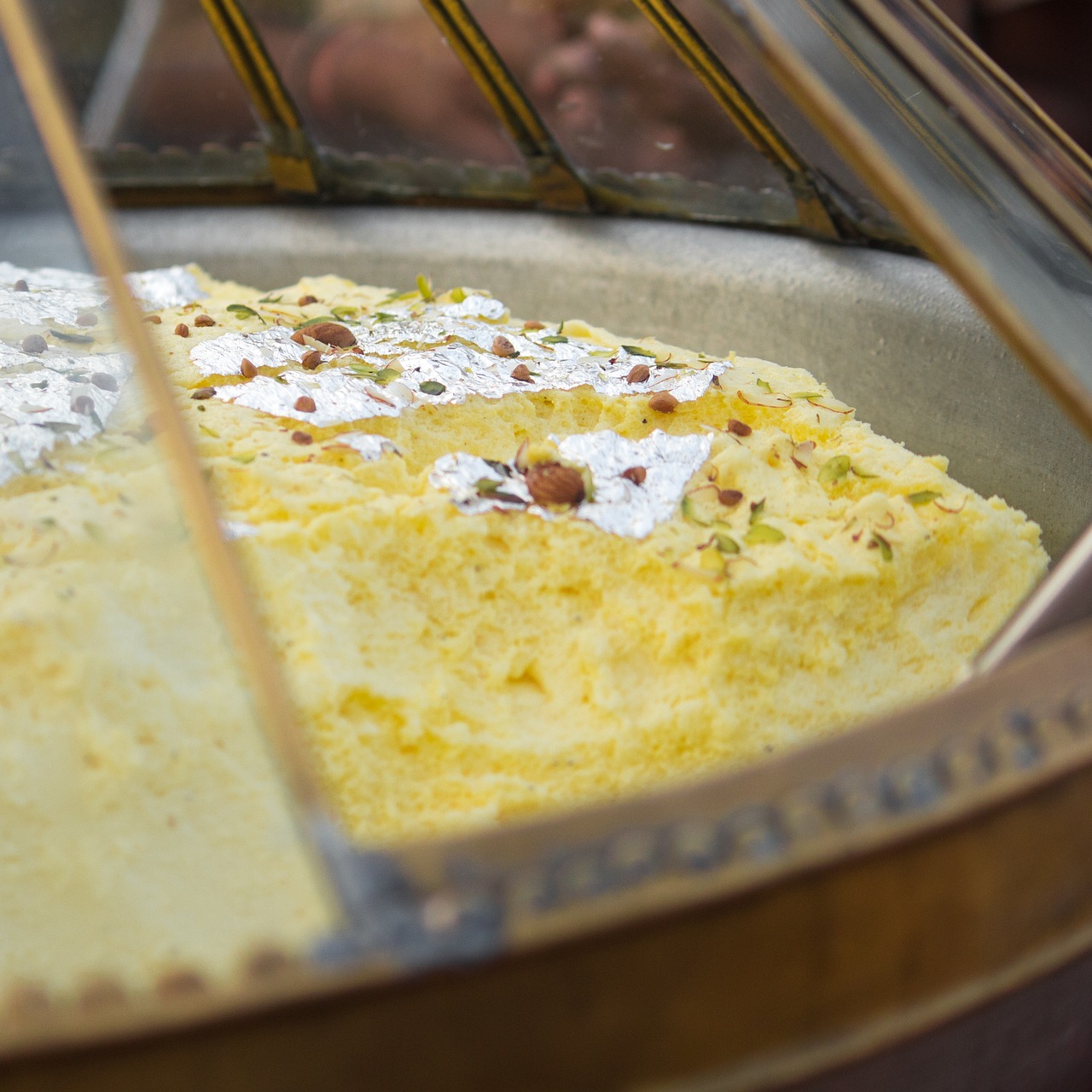Lucknow, the capital city of the Indian state of Uttar Pradesh, is a place rich in history, culture, and heritage. As I delve into the heart of this vibrant city, I uncover a tapestry of fascinating elements that have made Lucknow a renowned destination. From its architectural marvels to its culinary delights, from its traditional arts and crafts to its literary contributions, Lucknow has woven a unique identity that captivates visitors from around the world.
Introduction to Lucknow
Lucknow, often referred to as the “City of Nawabs,” has a long and illustrious history that dates back to the 18th century. The city’s origins can be traced to the reign of the Nawabs of Awadh, who transformed Lucknow into a thriving center of art, culture, and commerce. Today, Lucknow stands as a testament to its glorious past, blending the old with the new and offering a mesmerizing experience to all who visit.
Historical Significance of Lucknow
Lucknow’s history is intertwined with the rise and fall of the Nawabi dynasty. During the 18th and 19th centuries, the Nawabs of Awadh were known for their opulent lifestyles, patronage of the arts, and architectural grandeur. The city’s landscape was shaped by the construction of magnificent palaces, mosques, and gardens that still stand as reminders of Lucknow’s regal past. The Siege of Lucknow during the Indian Rebellion of 1857 also left an indelible mark on the city’s history, showcasing its resilience and the bravery of its people.
Lucknow’s Rich Cultural Heritage
Lucknow’s cultural heritage is a tapestry woven with diverse influences, including Mughal, Persian, and British elements. The city is renowned for its exquisite Nawabi cuisine, which blends the flavors of the Mughal era with local ingredients. Lucknow is also celebrated for its traditional arts and crafts, such as the intricate Chikankari embroidery, the delicate Zardozi work, and the captivating Lucknowi Naqqashi paintings.
Famous Landmarks and Architecture in Lucknow
Lucknow’s architectural landscape is a testament to its rich history and cultural diversity. The Bara Imambara, a magnificent 18th-century architectural marvel, is a must-visit destination, known for its intricate design and impressive scale. The Rumi Darwaza, a grand gateway inspired by Turkish architecture, is another iconic landmark that has become synonymous with Lucknow. The Husainabad Imambara, the Residency, and the Dilkusha Palace are just a few of the many architectural gems that adorn the city’s skyline.
Lucknow’s Culinary Delights
Lucknow’s culinary scene is a true delight for food enthusiasts. The city is renowned for its Nawabi cuisine, which includes delectable dishes like Galauti Kebab, Tunday Kebab, and Nihari. The city’s street food, such as Kulfi, Chaat, and Biryani, also attract visitors from far and wide. Lucknow’s food culture is a harmonious blend of Mughal, Persian, and local influences, creating a unique gastronomic experience.
Lucknow’s Traditional Arts and Crafts
Lucknow’s artistic heritage is a source of immense pride for the city. The intricate Chikankari embroidery, which adorns a wide range of fabrics, is a true masterpiece of craftsmanship. The delicate Zardozi work, which involves embroidering with gold and silver threads, is another art form that Lucknow is renowned for. The city is also known for its vibrant Lucknowi Naqqashi paintings, which depict scenes from the Nawabi era.
Lucknow as a Shopping Destination
Lucknow is a shopper’s paradise, offering a diverse range of products that cater to every taste and budget. From the bustling Aminabad market to the upscale Hazratganj, the city is a treasure trove of traditional handicrafts, exquisite textiles, and unique souvenirs. Visitors can indulge in the city’s renowned Chikankari embroidery, intricate Zardozi work, and the captivating Lucknowi Naqqashi paintings.
Famous Festivals and Events in Lucknow
Lucknow’s cultural calendar is filled with a vibrant array of festivals and events that celebrate the city’s rich heritage. The Lucknow Mahotsav, a grand annual festival, showcases the city’s art, music, dance, and culinary traditions. The Bara Imambara Navroz Festival, which marks the Persian New Year, is another significant event that attracts visitors from across the country. The city also hosts the renowned Lucknow Literati, a literary festival that celebrates the city’s literary and poetic legacy.
Lucknow’s Contribution to Literature and Poetry
Lucknow has a rich legacy in the realm of literature and poetry. The city has been the birthplace and home to renowned poets and writers, such as Mirza Ghalib, Mir Taqi Mir, and Sarojini Naidu. The Urdu language and its poetic tradition have flourished in Lucknow, with the city’s Nawabs being avid patrons of the arts. The city’s literary heritage continues to inspire and captivate audiences both within India and globally.
Conclusion
Lucknow’s multifaceted identity as a city of historical significance, cultural richness, architectural grandeur, culinary delights, and artistic excellence makes it a truly captivating destination. As I’ve explored the many facets of Lucknow, I’ve come to appreciate the city’s unique charm and the indelible mark it has left on the Indian landscape. Whether you’re seeking a glimpse into the city’s regal past, a taste of its tantalizing cuisine, or an immersion in its vibrant arts and crafts, Lucknow promises to leave a lasting impression on all who visit.
If you’re planning a trip to Lucknow, consider booking a one-way cab to explore the city’s rich heritage and vibrant culture at your own pace. With a reliable and comfortable mode of transportation, you can easily navigate the city’s landmarks, indulge in its culinary delights, and immerse yourself in its artistic traditions.



